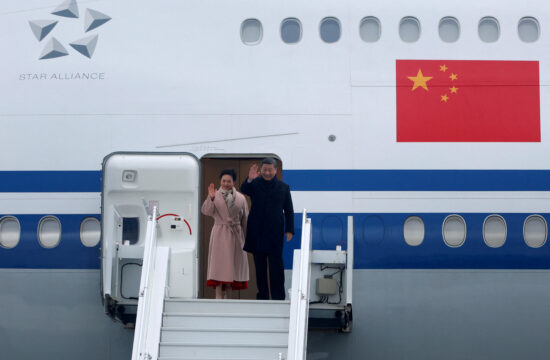In recent years, tensions between China and Taiwan have escalated, with Beijing taking a more aggressive stance towards what it perceives as separatist activities. One of the most alarming developments is China’s threat of imposing the death penalty on individuals involved in advocating Taiwan’s independence. This provocative move has raised international concerns and sparked debates about the implications for cross-strait relations and human rights. This article aims to explore the background of this issue, analyze the potential consequences, and assess the broader implications for regional stability and global diplomacy.
Historical Context: Cross-Strait Relations

The relationship between China and Taiwan has been complex and fraught with tensions since the Chinese Civil War in the mid-20th century. The Communist Party of China (CPC) emerged victorious, establishing the People’s Republic of China (PRC) on the mainland, while the defeated Kuomintang (KMT) retreated to Taiwan, where they established the Republic of China (ROC). Since then, both sides have claimed to be the legitimate government of China, leading to a state of political stalemate.
China’s Stance on Taiwan
From Beijing’s perspective, Taiwan is an integral part of China and any attempt to assert independence is considered a grave threat to national sovereignty. Chinese President Xi Jinping has made reunification with Taiwan a top priority of his administration, often emphasizing the principle of “one country, two systems” – the same framework applied to Hong Kong and Macau – as the desired model for Taiwan’s future integration.
The Threat of Death Penalty
In recent years, China has adopted a more assertive approach towards Taiwan, employing both diplomatic and coercive measures to deter pro-independence sentiment. One of the most alarming tactics is the threat of imposing the death penalty on individuals involved in advocating for Taiwan’s separation from China. This includes not only Taiwanese citizens but also foreigners who support Taiwan’s independence movement.
Implications and Analysis
The threat of the death penalty for Taiwan separatists carries significant implications for several stakeholders, including Taiwan, China, the international community, and the broader issue of human rights.
Table 1: Stakeholders’ Perspectives and Implications
| Stakeholder | Perspective | Implications |
|---|---|---|
| Taiwan | Views China’s actions as infringement on sovereignty | Heightened tensions, potential backlash |
| China | Considers separatist activities as threat to national unity | Deterrence, reinforcement of sovereignty claims |
| International Community | Condemns violation of human rights | Diplomatic pressure, potential sanctions |
| Human Rights Advocates | Criticize infringement on freedom of expression | Advocacy, awareness-raising efforts |
Comparative Analysis: China’s Approach vs. International Norms
China’s threat of the death penalty for Taiwan separatists stands in stark contrast to international norms and standards regarding human rights and freedom of expression. While Beijing justifies its actions as necessary for preserving national unity and sovereignty, critics argue that such measures constitute a gross violation of fundamental rights.
Table 2: Comparative Analysis
| Criteria | China’s Approach | International Norms | Analysis |
|---|---|---|---|
| Human Rights | Threat of death penalty | Protection of fundamental rights | Discrepancy between rhetoric and practice |
| Rule of Law | National security imperative | Equality before the law | Erosion of legal principles and due process |
| Diplomatic Relations | Assertive stance | Respect for sovereignty | Potential for diplomatic tensions and conflicts |
| Regional Stability | Preservation of national unity | Peaceful resolution of disputes | Heightened tensions and instability |
Conclusion
The threat of the death penalty for Taiwan separatists represents a troubling escalation in China’s efforts to suppress pro-independence sentiment. While Beijing frames its actions as necessary for safeguarding national sovereignty, they raise serious concerns about human rights violations and undermine prospects for peaceful resolution of cross-strait tensions. As this issue continues to unfold, it is imperative for the international community to uphold universal values of human rights and advocate for dialogue and diplomacy to address the underlying grievances between China and Taiwan.










